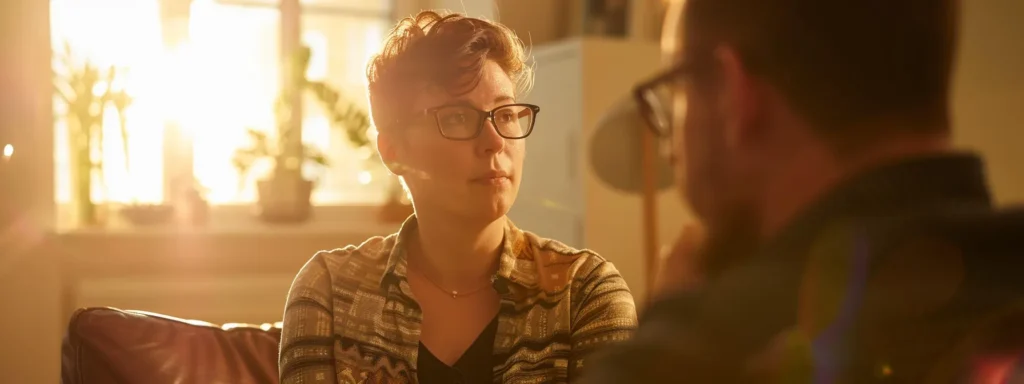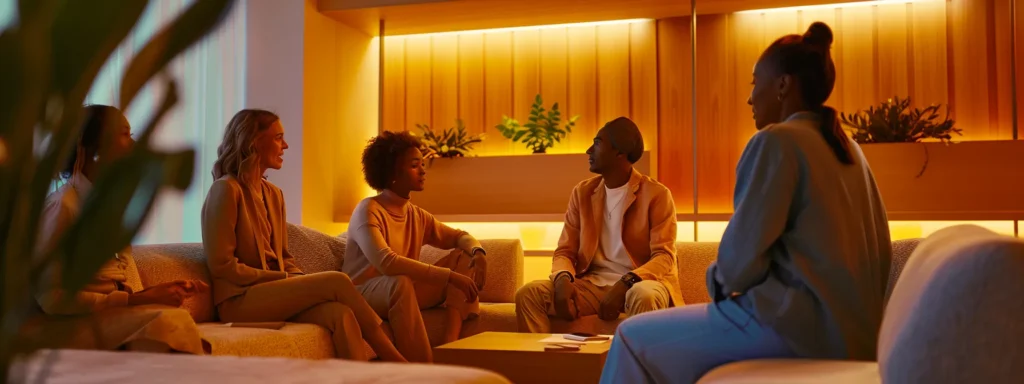
When we talk about Outpatient Alcohol Treatment, we’re referring to programs that allow people to get structured support, counseling, and care, while remaining at home, connected to family, work, and community.
In and around Billerica, Massachusetts, outpatient services can offer flexible, effective care that fits into busy lives. This article aims to give you clear, research‑based insight into what outpatient treatment looks like, how effective it is, and what to expect if you’re considering it in the Billerica area.
Understanding Outpatient Alcohol Treatment
Outpatient alcohol treatment is a way to get real help for drinking, without putting your whole life on hold. Instead of staying at a facility full-time, you attend therapy sessions during the day or evening and then return home.
Sometimes, medications are also part of the plan to help ease cravings. The goal? To give you tools that actually fit into your real life, so recovery doesn’t feel like something separate, but something that grows with you, day by day.
Cognitive Behavioral Therapy (CBT)
CBT is really just about learning to catch the thoughts that pull you toward drinking—and gently finding ways to shift them.
It’s not about pointing fingers or feeling bad about your choices. It’s about noticing what sets off those urges and finding better ways to deal with stress, anxiety, or tough moments.
A therapist will work with you, side by side, helping you practice new tools that actually fit your life. Over time, you’ll likely feel more grounded, more aware, and more in charge of your decisions.
Motivational Interviewing
This isn’t a lecture. It’s a conversation that moves at your pace. Whether you’re still figuring things out or fully ready for change, Motivational Interviewing meets you right where you are.
You’ll talk with someone who really listens, no pressure, no guilt. The goal isn’t to push you, but to help you explore your own reasons for making a change. It’s your path; they’re just there to help you find it more clearly.
Peer Support Groups
There’s something powerful about talking with people who actually get it. Peer support groups are a space where you don’t have to pretend or explain every little thing—because others have been through it too.
You’ll hear stories, share your own if you want, and feel a sense of connection that can be hard to find elsewhere.
Medication-Assisted Treatment (MAT)
Recovery isn’t always easy, and sometimes, having a little extra help can make all the difference. Medication-Assisted Treatment, or MAT, is a way to ease into sobriety with the support of medication and therapy working together.
It’s not about replacing one thing with another, and it’s definitely not a shortcut. But for many people, MAT gives them the space to breathe and regroup. That breathing room can be just what you need to focus on what really matters: healing, rebuilding your daily routines, reconnecting with yourself, and creating a life that feels solid and sustainable.
If you or someone you love is exploring these options and not sure where to start, Forrest Behavioral Health is here to help. Our outpatient programs in the Billerica area are designed with flexibility and compassion, offering care that works with your life, not against it.
Aftercare Planning
Finishing treatment doesn’t mean you’re done, it just means you’re ready for the next part of the journey. Aftercare is all about helping you stay supported and steady as you step back into daily life.
That might mean putting together a plan for handling stress, knowing who to call when things feel heavy, or just making sure you have the right kind of support in place when you need it.
Relapse Prevention
Relapse prevention isn’t about perfection—it’s about being prepared. Life will still have its ups and downs, but having a plan (and people in your corner) can make all the difference. Relapse prevention, along with aftercare, helps you stay connected and reminds you that you don’t have to go through any of it alone.
Outcomes Can Differ
How Structured The Program Is
Not all outpatient programs are built the same. Some are more casual, maybe a weekly support group or occasional check-ins, while others are highly structured, with frequent sessions, relapse prevention planning, and consistent follow-ups.
In a study of intensive outpatient programs, 64% of participants were completely abstinent six months after treatment, leaving just 36% who had slipped back into drinking.
The more structured programs are the more they tend to lead to better outcomes. Especially when they adjust support based on what someone actually needs at different stages of recovery.
It’s kind of like having the right tools at the right time, when the support fits your life and challenges, it’s easier to stay on track. Structured outpatient care gives you more guidance, more touchpoints, and more chances to catch yourself before things get off course.
Use of Medication‑Assisted Treatment (MAT)
Combining medications like naltrexone or acamprosate with counseling can noticeably improve outcomes for people recovering from alcohol use disorder.
The Research shows a large meta-analysis found that acamprosate users had a 36.1% six-month continuous abstinence rate, compared to 23.4% in the placebo group—a difference of about 13 percent.
Key Takeaways
Outpatient alcohol treatment is about getting the support you need without having to step away from your life; you still get to sleep in your own bed, show up for work, and be there for your family. The therapy isn’t about being told what to do; it’s about figuring things out together. With approaches like CBT and Motivational Interviewing, it’s less about being “fixed” and more about getting curious, about what’s pulling you toward drinking, and what might help you handle things differently.
It’s not about having all the answers or doing everything perfectly. It’s about taking things one step at a time, at a pace that feels right for you, and finding tools that truly fit your life. There’s no pressure to be anyone other than yourself—just real, supportive conversations that help you move forward. No one’s there to judge or rush you. They’re just there to walk with you as you figure it out.

